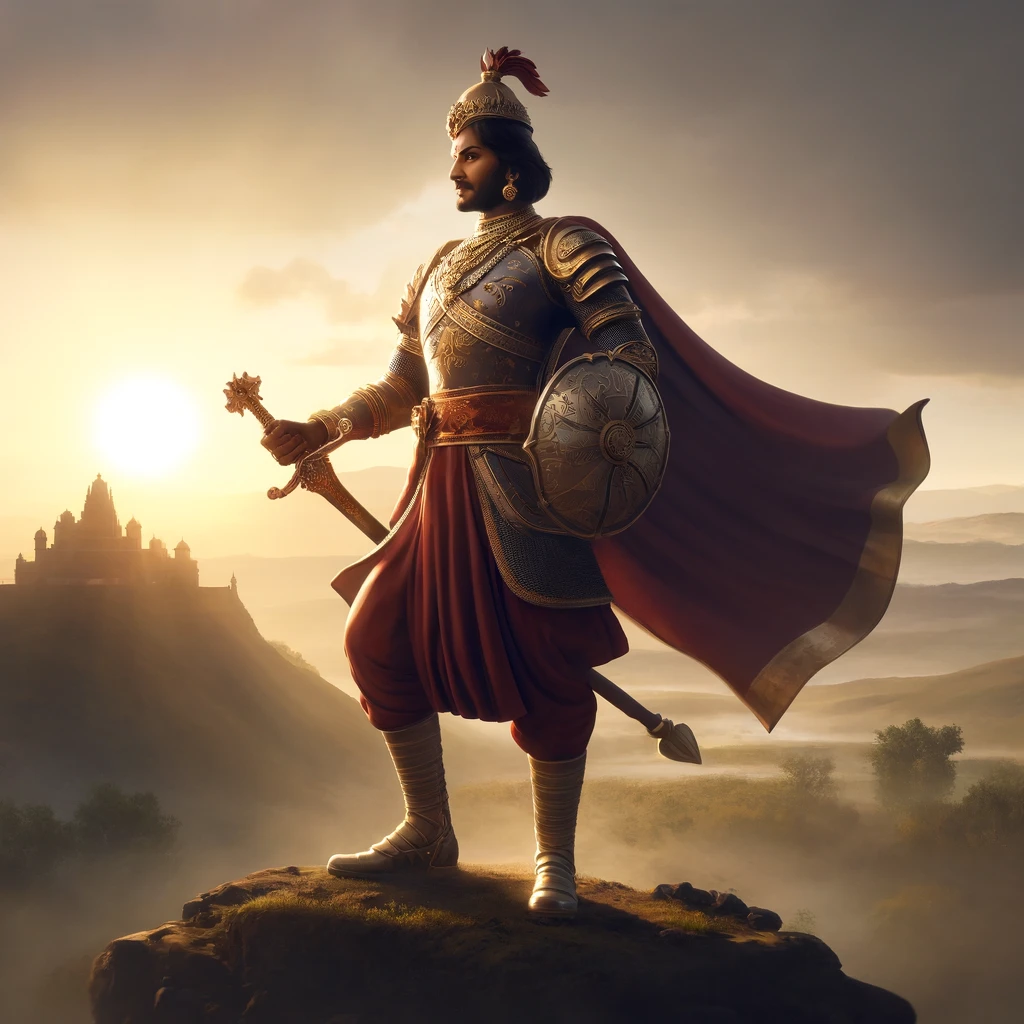On This Day 3 April 2024 Wednesday
 Panchang /
Panchang /
Virram Samvat: 2081
Shaka Samvat: 1945
Purnimanta: Chaitra
Tithi: Krishna Paksha Dashami – Apr 03 06:29 PM – Apr 04 04:14 PM
On This Day
Festivals Today:
Festials Tomorrow:
Day Today:
Day Tomorrow: International Day for Mine Awareness and Assistance in Mine Action (A/RES/60/97)
Yoga:
Siva – Apr 02 06:35 PM – Apr 03 04:09 PM
Siddha – Apr 03 04:09 PM – Apr 04 01:15 PM
Karana:
Taitila – Apr 02 08:09 PM – Apr 03 07:24 AM
Garija – Apr 03 07:24 AM – Apr 03 06:29 PM
Vanija – Apr 03 06:29 PM – Apr 04 05:26 AM”
Sunrise: 6:12
Sunset: 18:36
Moonrise: 2:21
Moonset: 12:40
 Auspicious Time
Auspicious Time
Abhijit Muhurat – Nil
![]() Inauspicious Time
Inauspicious Time
Rahu – 12:24 PM – 1:57 PM
Yamaganda – 7:45 AM – 9:18 AM
Gulika – 10:51 AM – 12:24 PM
Dur Muhurat – 11:59 AM – 12:49 PM
Varjyam – 06:28 AM – 08:00 AM, 01:31 AM – 03:01 AM
Information Source: https://www.prokerala.com/
Today / आज
Freedom Fighters sacrificed- At Least: 8
Major Historical Events
Shivaji I and the Maratha Empire: Stemming the Tide of Islamic Expansion
The Conclusion of a Transformative Reign
On April 3, 1680, Shivaji I, the visionary founder of the Maratha Empire, passed away in Raigad. His death marked the end of a pivotal era in Indian history, characterized by his significant efforts to counter the spread of Islamic dominance among Hindu kingdoms and the broader Hindu populace.
Foundation of the Maratha Empire
Shivaji Maharaj is celebrated for establishing the Maratha Empire as a bulwark against Islamic aggression. His strategic prowess and governance halted the expansion of Islamic states, including the formidable Mughal Empire, thereby safeguarding Hindu traditions and territories.
A Tactical and Administrative Genius
Shivaji’s military tactics, notably guerrilla warfare, and his emphasis on naval strength were instrumental in his successful campaigns against Islamic powers. His administration was marked by innovative strategies that bolstered the Hindu kingdoms’ resilience, effectively curbing the spread of Islamic influence.
Legacy of Resistance and Unity
Shivaji’s legacy is that of a unifying figure who fortified Hindu kingdoms against external threats. His efforts in stemming the tide of Islamic expansion are remembered as a critical turning point that preserved Hindu cultural and political integrity. The principles he instilled in the Maratha Empire continued to inspire resistance and unity among Hindu populations, shaping the course of Indian history long after his reign.
Panama Papers – Landmark Leak
The release of the Panama Papers in April 2016 shook the world in multiple ways, causing significant reverberations across the realms of politics, finance, and public perception. Here’s how it played out and its impact on politics:
- Exposure of Global Financial Secrecy: The leak of 11.5 million documents from the Panamanian law firm Mossack Fonseca exposed the intricate web of offshore companies and tax havens used by the wealthy and powerful across the globe to evade taxes, launder money, and hide assets. This revelation lifted the veil on the shadowy world of offshore finance, highlighting the extent of global financial secrecy and the complicity of certain institutions in facilitating it.
- Public Outcry and Scrutiny: The scale and scope of the Panama Papers scandal sparked widespread public outrage and condemnation. Citizens around the world were incensed by the revelations, viewing them as emblematic of a rigged economic system that favored the wealthy while burdening ordinary taxpayers. The leak fueled demands for transparency, accountability, and reform in the financial sector.
- Political Fallout: The Panama Papers implicated numerous politicians, public officials, and high-profile figures from countries across the globe. These revelations tarnished the reputations of several world leaders and sparked political crises in multiple countries. Some leaders faced calls for resignation or impeachment, while others came under intense scrutiny and investigation by law enforcement authorities.
- Calls for Reform: In the wake of the Panama Papers scandal, there were widespread calls for reform to address the loopholes and weaknesses in the global financial system that enabled tax evasion and money laundering. Governments faced pressure to strengthen regulations, enhance transparency measures, and crack down on offshore tax havens. International organizations such as the OECD and the G20 also intensified their efforts to combat tax evasion and promote financial transparency.
- Impact on Global Politics: The Panama Papers had a profound impact on global politics, reshaping the discourse around economic inequality, corruption, and the role of governments in ensuring financial accountability. The scandal underscored the interconnectedness of the global economy and the need for concerted international action to address systemic issues related to tax evasion and illicit financial flows.
In summary, the release of the Panama Papers shook the world by exposing the hidden workings of global finance and highlighting the pervasive nature of tax evasion and financial secrecy. It triggered widespread public outrage, political turmoil, and calls for reform, leading to increased scrutiny of the financial industry and renewed efforts to combat corruption and illicit financial practices on a global scale.
History in Brief On This Day
- Soyuz T-11 Mission – Space Exploration Milestone: On April 3, 1984, Soyuz T-11 transported three cosmonauts, including India’s Rakesh Sharma, to the Salyut 7 space station.
- End of Communism in Albania – Political Transformation: April 3, 1992, marks the cessation of communism in Albania, signifying a pivotal change in the nation’s governance.
- Sukma–Bijapur Attack – Tragic Assault: On April 3, 2021, a terrorist attack in Sukma district, Chhattisgarh, India, resulted in 22 fatalities and 32 injuries.
Anniversaries On This Day
Freedom Fighters’ sacrifice
On This Day: Remembering Freedom Fighters
April 3rd holds significant importance in the annals of India’s freedom struggle, commemorating the sacrifices and valor of numerous individuals who stood against colonial oppression and fought for the nation’s independence.
The Uprising of 1857: Defiance and Sacrifice
Bhowau Singh, Boota Singh, Choohur Singh, Ghundey Khan, Imam Allee, and Sungut Singh – These brave souls were among the many sepoys who defected from the British Indian Army to join the Uprising of 1857, also known as the First War of Independence. Serving in the Ludhiana Sikh Regiment, they chose to resist British rule and fight for their country’s freedom. However, their acts of defiance did not go unpunished. Captured by British forces, they were charged with disloyalty and mutiny, subjected to unfair trials, and ultimately sentenced to death. On April 3, 1858, they were executed, their sacrifice serving as a testament to the indomitable spirit of resistance against colonial oppression.
Babbar Akali Movement: Courage in the Face of Tyranny
Harbans Singh – Hailing from Sarhala Khurd in Punjab, Harbans Singh exemplified courage and determination in the face of tyranny. A staunch participant in the Akali movement, he joined the militant Babbar Akalis, actively opposing the oppressive policies of the British colonial administration. Despite facing imprisonment and relentless pursuit by the authorities, Harbans Singh remained steadfast in his commitment to the cause of freedom. Arrested, tried, and sentenced to death, he was hanged on April 3, 1943, becoming a martyr for the struggle against colonial rule.
Sagarmal Gopa: Advocate of Education and Resistance
Sagarmal Gopa – Born on November 3, 1900, in Jaisalmer State (now Jaisalmer district, Rajasthan), Sagarmal Gopa was a visionary freedom fighter who dedicated his life to the twin causes of education and political resistance. A fervent advocate of public education, he established schools to empower the masses and promote social awareness. His activism extended beyond the realm of education, as he actively participated in the Non-Cooperation and Civil Disobedience movements, advocating for political reform and challenging the oppressive rule of the Jaisalmer monarchy. Despite facing persecution and imprisonment, Sagarmal Gopa remained unwavering in his commitment to the ideals of freedom and justice. Tragically, he succumbed to the physical and mental torment inflicted upon him in prison and passed away on April 3, 1946, leaving behind a legacy of courage and resilience.
Conclusion
On this day, we honor the memory of these fearless individuals who sacrificed their lives in the pursuit of freedom and justice. Their unwavering resolve and steadfast commitment to the cause of independence continue to inspire generations, serving as a reminder of the enduring spirit of resistance against oppression. As we commemorate their sacrifices, let us reaffirm our commitment to upholding the principles of liberty, equality, and democracy for which they so valiantly fought.
Feature Image: The image depicts a warrior king standing confidently atop a hill at sunrise. He is adorned in traditional Maratha armor, with a raised sword in one hand and a shield in the other. His stance is commanding, embodying resilience and determination. In the background, a fortress sits atop a neighboring hill, highlighting the king’s strategic acumen. The rising sun bathes the scene in a soft light, symbolizing the dawn of a new era under his leadership. (Click here to see image)
If you want to buy books on the subject please visit this page: https://www.amazon.in/.
Please note that if you buy anyhing using this link we will get some affiliate commission. If you want to support us, please use this link in case you need to buy goods from https://www.amazon.in/
